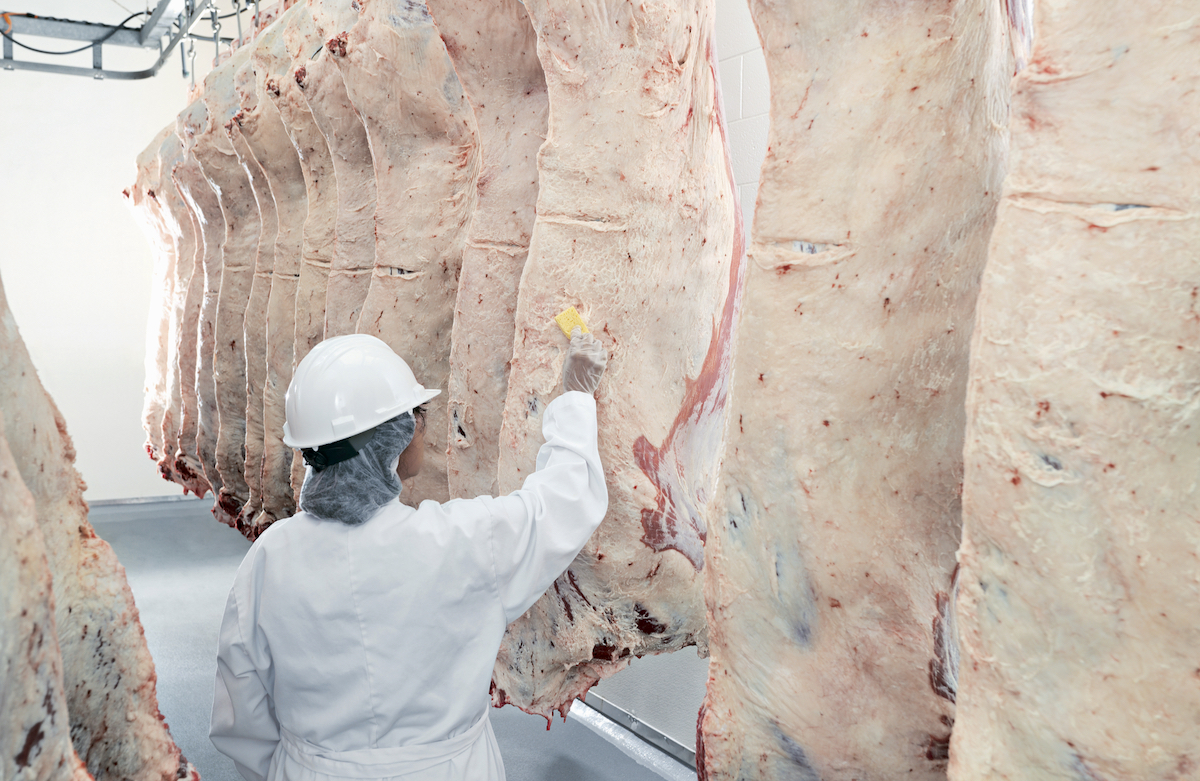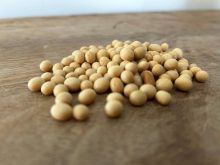Chicago | Reuters—Chicago Board of Trade corn futures resumed a rally on Thursday as concerns over dryness in Argentina and tighter U.S. stocks propelled futures to the highest price seen in more than 14 months, traders said.
Soybean futures also rose, hovering near a six-month peak as traders assessed weather prospects for South American crops and the impact of China halting some shipments from Brazil. Wheat ended unchanged after rising earlier in the day on spillover support from corn and soybeans.
Market players continue to await news on U.S. President Donald Trump’s plans to impose tariffs on major trading partners, which if realized, could rock commodities markets.
Read Also

U.S. livestock: Cattle, hogs end week on high note
Cattle contracts and nearby hog futures ended the week on a high note after a week rife with losses. Most-traded…
The most-active CBOT corn contract Cv1settled up 5-1/2 cents to $4.89-3/4 a bushel. Earlier, it touched $4.94-1/2 a bushel, the highest on a continuous contract since Oct. 23, 2023.
CBOT wheat Wv1 was unchanged from the previous day at $5.54 a bushel, also gaining support from worries about freeze damage to the dormant winter wheat crop in portions of the U.S. wheat belt.
CBOT soybean futures Sv1 settled up 9-1/2 cents to $10.65-1/2 a bushel, as weather issues remained in focus.
However, concerns about overly dry weather trimming the Argentine soy crop may be counterbalanced by expectations of a record Brazilian soy crop, traders said.
“We’re trimming the top off the potential crop size in Argentina, but what Brazil’s got going will more than offset that,” Tom Fritz, broker at EFG Group, said.
Weather forecasts showed some rain in parched Argentine crop belts in the coming week, though high temperatures may limit the benefit to plants.
Rainy weather in parts of Brazil that is delaying the soy harvest and planting of the country’s second corn crop is also boosting prices, traders said.
“We’re looking at the slow harvest in Brazil and weather in Argentina,” Fritz said.
—Additional reporting by Gus Trompiz in Paris and Mei Mei Chu in Beijing
















